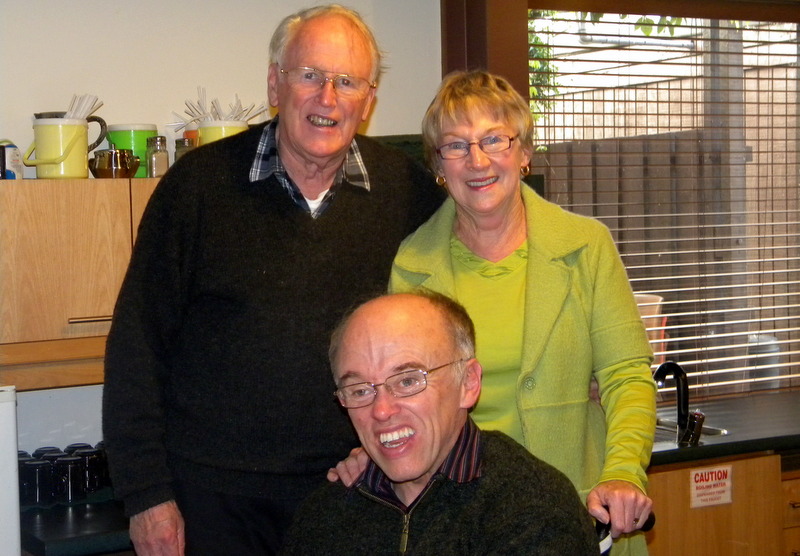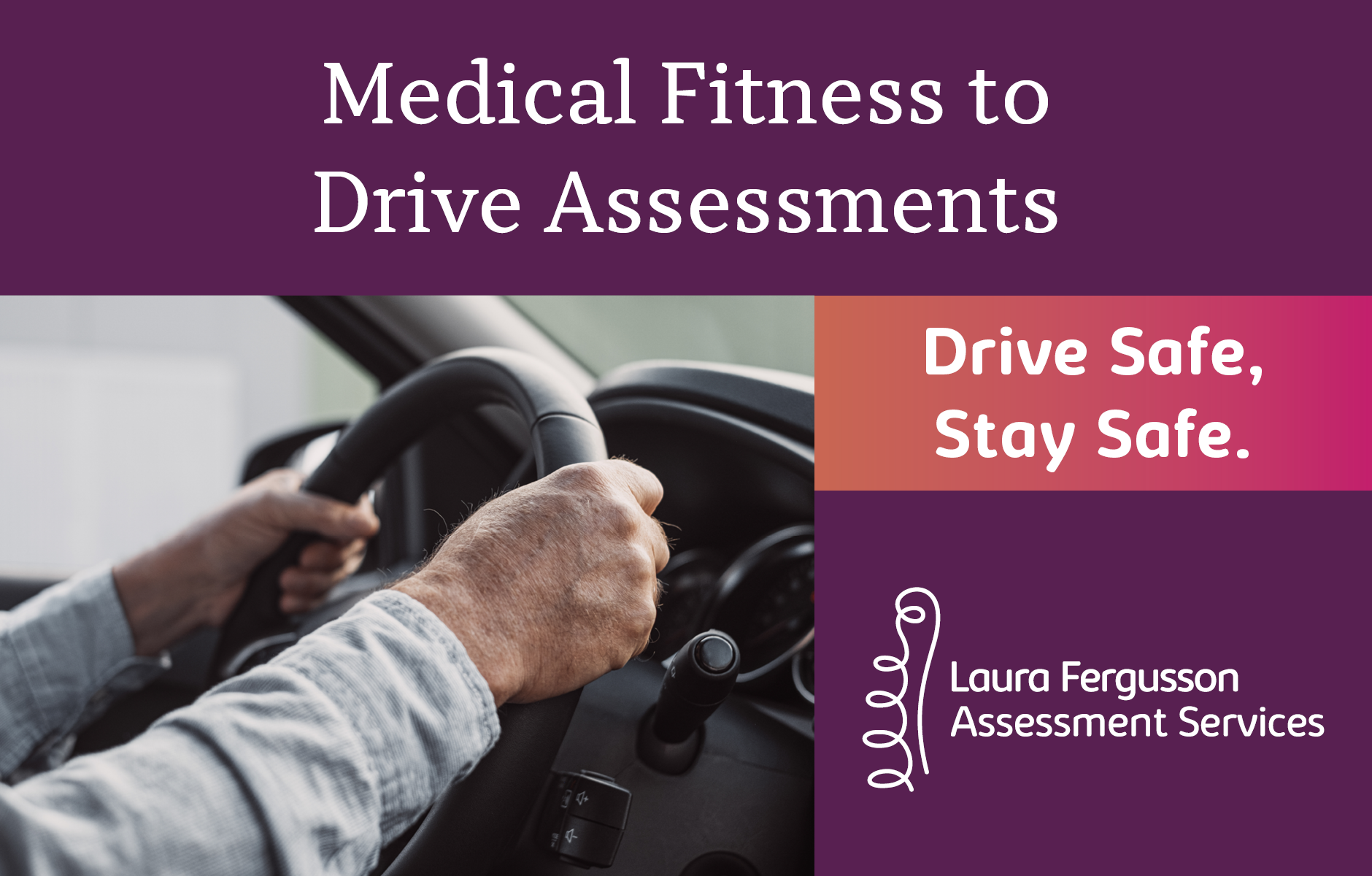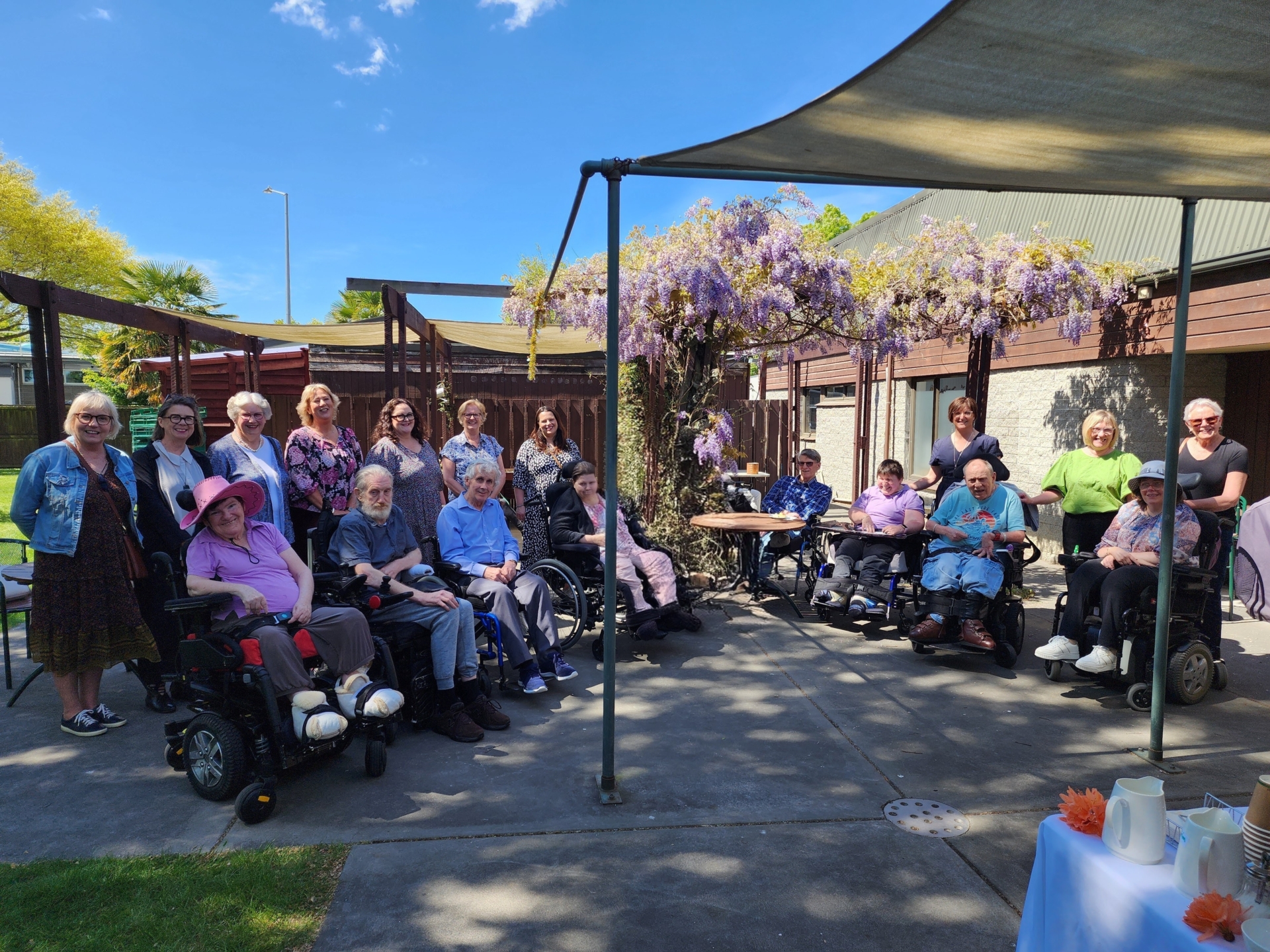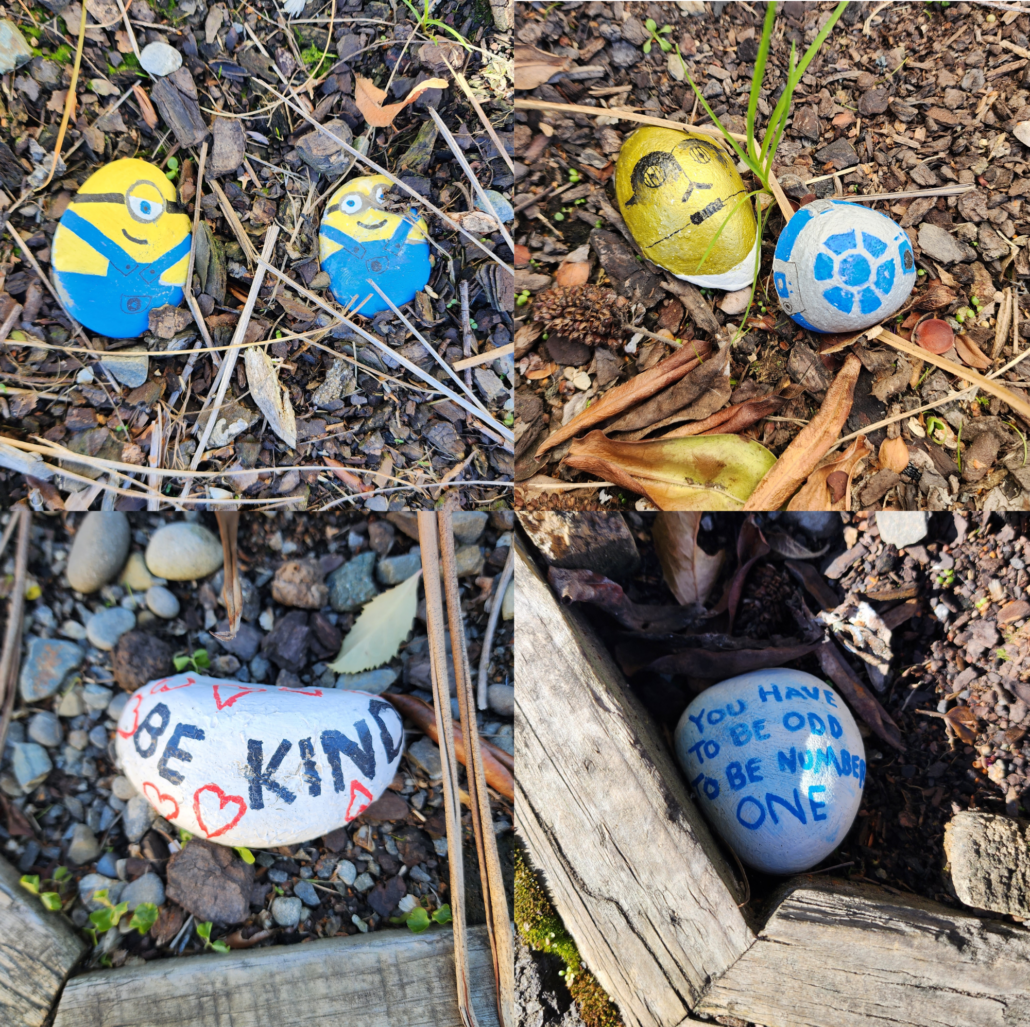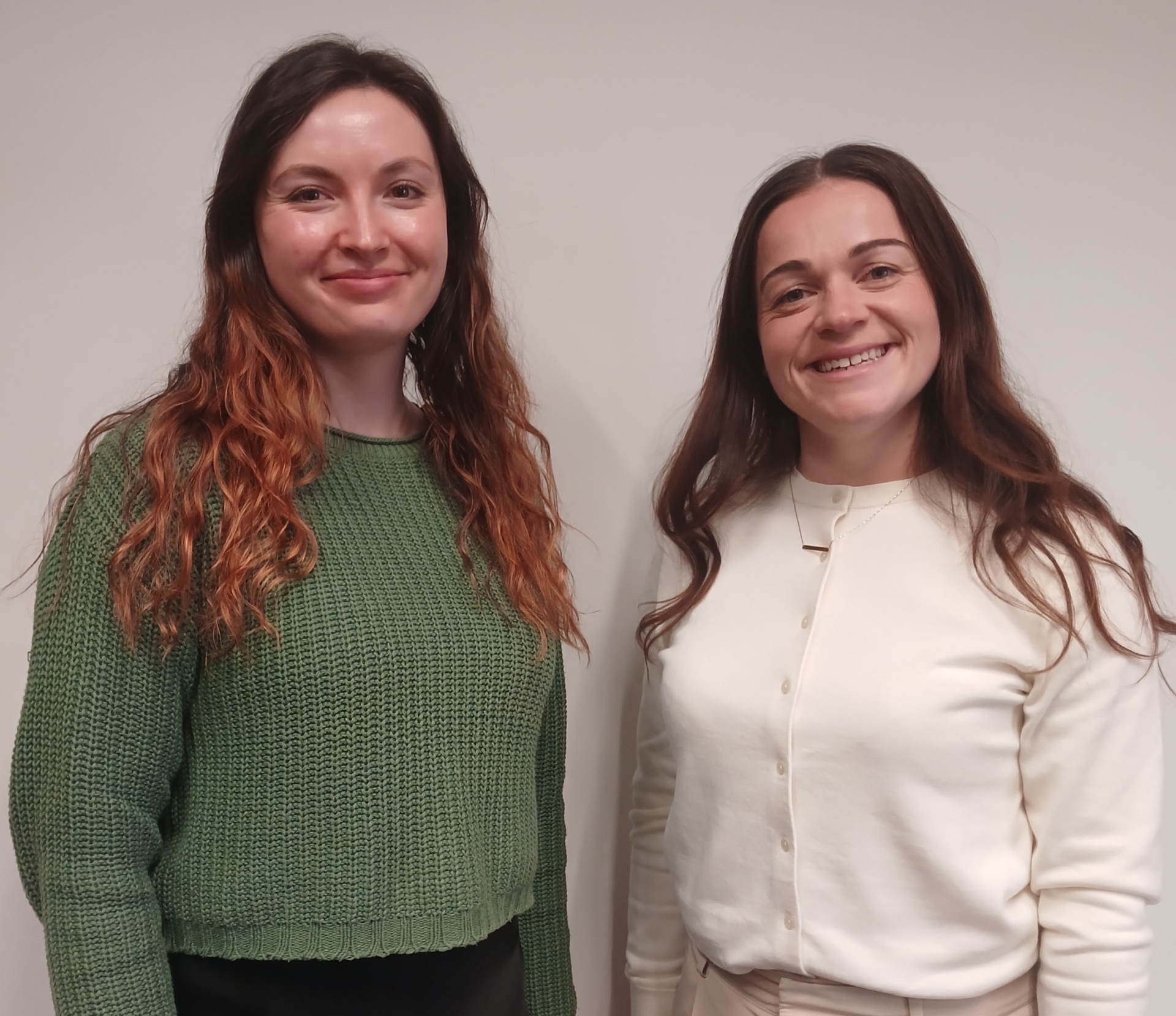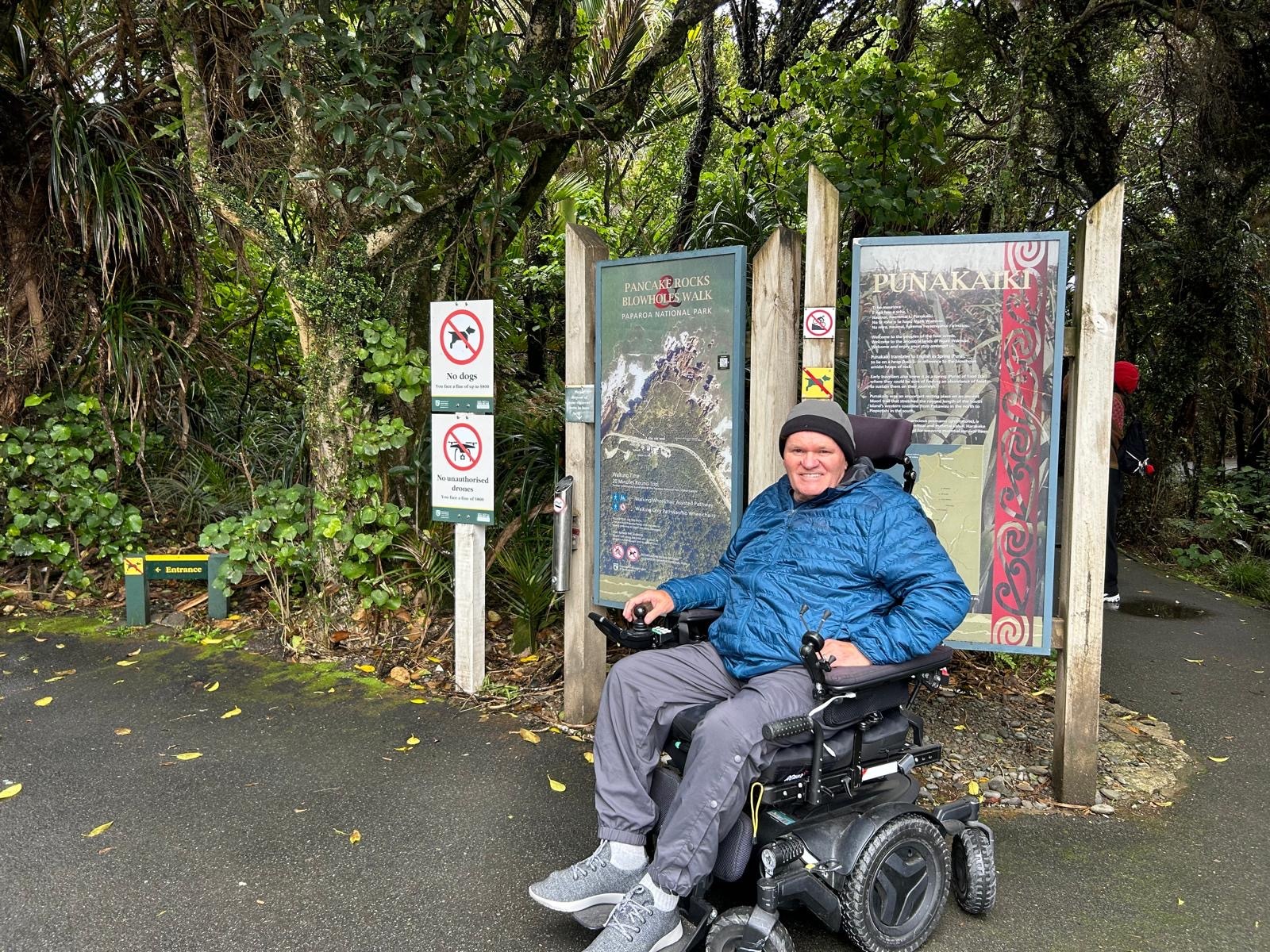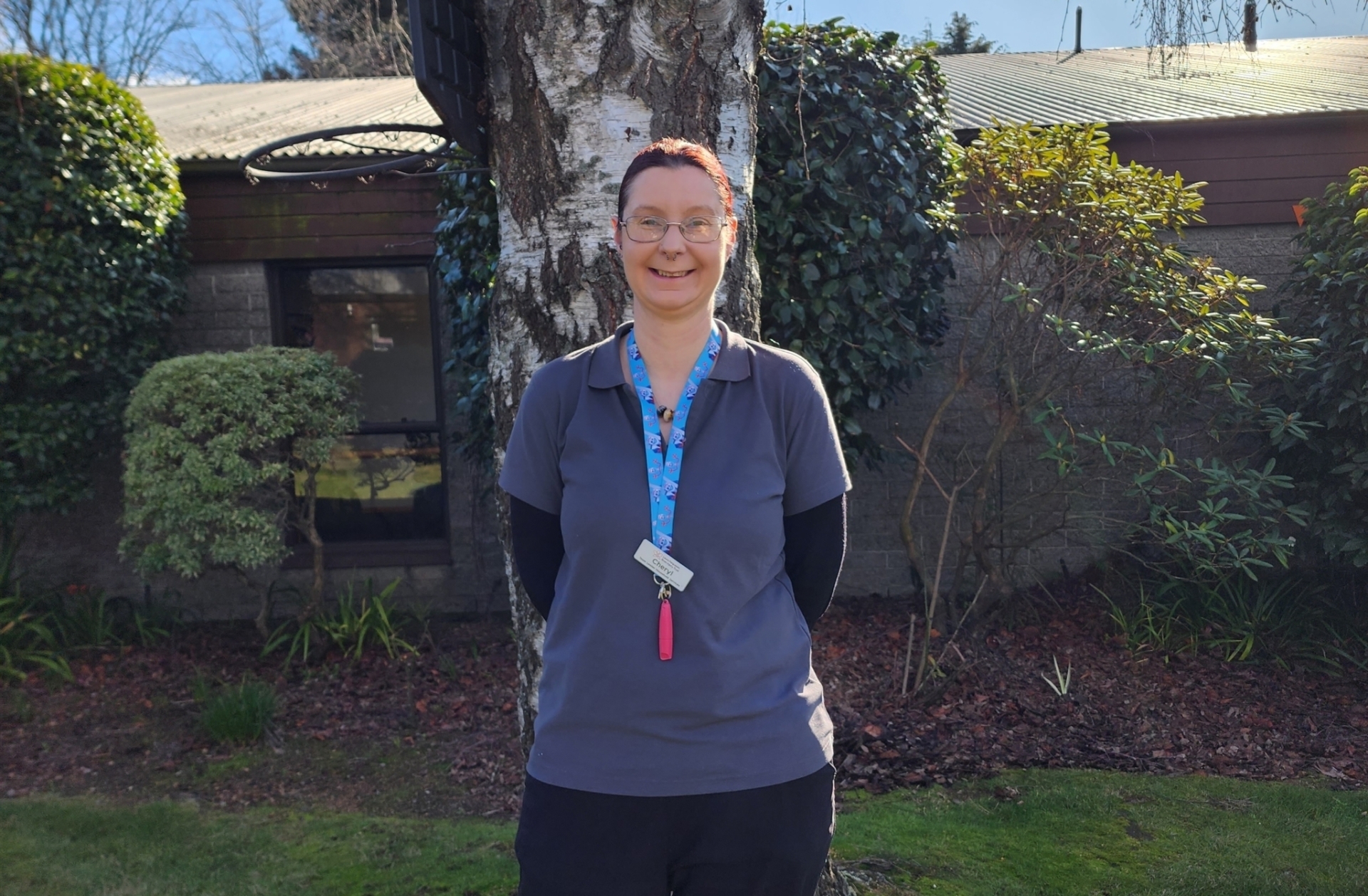Today we would like to share a very special story about a past resident of Laura Fergusson Brain Injury Trust, Craig Imlay.
Craig was born to his parents Robin and Lindsay Imlay in Dunedin on the 5th of June 1960. Five months later, they along with their family became concerned with his health, and after checking in with professionals, it was found Craig had suffered a brain injury caused by Hydrocephalus. This is a rare condition that at the time would not have been able to be treated in New Zealand. However, around the corner at Otago University, an international medical conference was taking place. Craig’s diagnosis was referred to the conference, and incredibly, they found help. Presented at the conference was a brand-new shunt valve to prevent damage to the brain – one that was used on people with conditions like Craig’s. Craig was operated on immediately, and from this, was given a chance at life.
Before Craig, no one in New Zealand with Hydrocephalus had survived past the age of five. After his surgery, he was expected to live into his teens. Later, he was told he wouldn’t live past 40. Craig lived until he was 63.
Growing up, Craig had his challenges. As his operation was too late to prevent brain damage, Craig lived with a disability similar to cerebral palsy. While he spent his early years of education in a preschool for disabled children, Craig grew to be dedicated in his efforts to participate in mainstream schooling.
“Craig was tremendously determined and spent his life setting out to give things a go,” says Julie, Craig’s sister. “‘Can’t’ wasn’t a word in his dictionary – If he wanted to try something he would give it his best shot. There were many times in his life when he would push back against those who said he probably couldn’t do something.”
At school, Craig would get right into sports days. He would get up for races and run with his crutches. He knew he wouldn’t win, but he tried his best all the same. His mother Robin recalls these times.
“You could never put him down, you know. He was a kid with a perpetual smile. The principal couldn’t get over Craig, he would say ‘we’ve got other kids there that you just cannot get off their back sides, and there’s Craig out on his crutches, lined up, taking part in races.’ He was amazing.”
In his teens, Craig headed along to a meeting for disabled people interested in skiing. After more doubt from people around him, Craig got stuck right in. For many winters, Craig would be up on the slopes, loving life. He even won a number of certificates and competitions!

In 1986, Craig was determined to take his independence to the next level, as he moved into a flat in Ilam. Life was very social living in the flat, as Craig had many flatmates and fun times living as independently as possible.
“He had a pretty busy life, he was going out five days a week by bus or taxi, to Handmade Studio and other activities,” says Robin. “He loved his spinning and weaving at the studio. He was just enjoying life. And I think of how hard it was for him, you know, but he just loved everything that he did. He felt as though he was achieving something, being successful.”
After ten years of living independently, Craig’s needs began to increase, and he moved into Laura Fergusson Brain Injury Trust’s residential home in 1996, where he stayed for 25 years. During this time, he made many great friends and was determined to continue exercising and getting out and about independently. He would often head out in his wheelchair to visit his parents who lived in the neighborhood.
“I have not got a single photograph where he hasn’t got a smile on his face,” says Robin. “Nothing would get him down. I would say to him when things were going wrong, ‘oh Craig you just never let yourself get caught up. You’re always smiling.’ And he would say, ‘oh well, Mum, what’s the point of feeling miserable or making yourself feel miserable?’ We were just so proud of him.”
In 2021, Craig’s level of care had increased beyond the capacity of LFBIT, and he had to move to Merivale Retirement Village. Before he moved, he enjoyed a huge 60th birthday celebration with his family and friends at Laura Fergusson Brain Injury Trust.
In December 2023, Craig passed away peacefully.
This year, we were surprised and immensely grateful to learn that Alan Whittaker, Craig’s stepfather, had left a gift in his Will to the Trust. Alan, who passed away a few weeks before Craig in 2023, wanted to acknowledge the support and care Craig received from the Trust and hoped his gift would help provide others with the same opportunity for support.
Craig’s mother Robin told us, “He knew that Craig was very important to me. I was very happy about it. We were just so proud of Craig’s efforts and successes over the years. A life very well lived.”
Leaving a gift in your Will is a very special act of generosity. Your legacy helps us empower people with disabilities to live their best lives.
Alan’s gift is already having an impact on the lives of people who are supported by the Laura Fergusson Brain Injury Trust – his kindness and generosity means the world to all of us.
